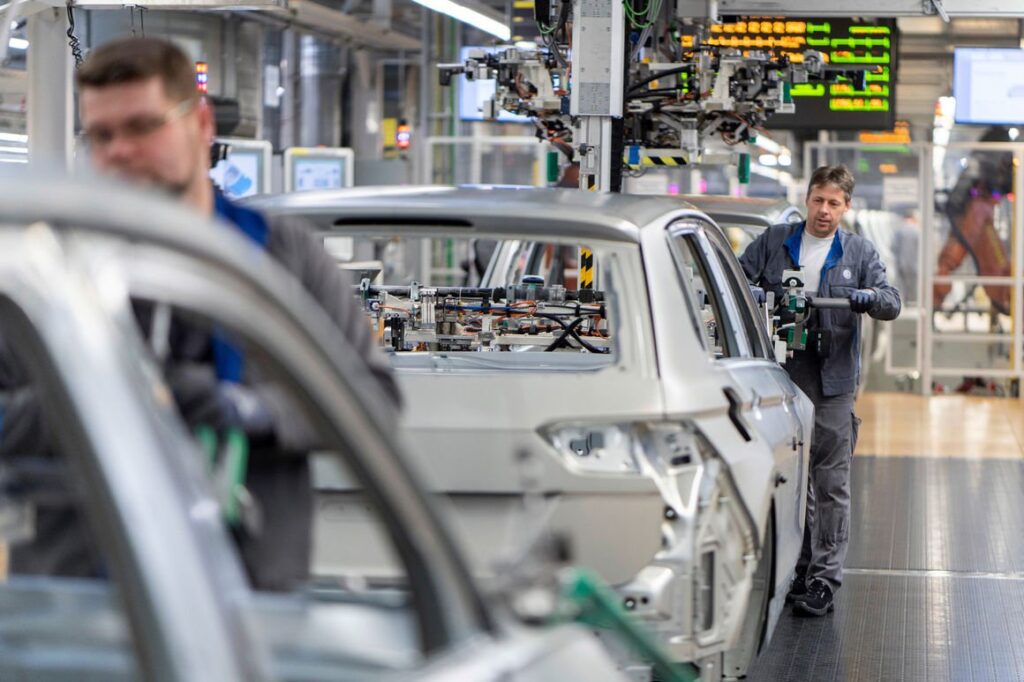
Traditional Car Factories Becoming ‘Stranded Assets’ in EV Era: Analyst

Image: Volkswagen AG
With the electric vehicle (EV) revolution firing on all cylinders, traditional automakers engaged in the production of Internal Combustion Engine (ICE) powered vehicles are now entering a race to shut factories down, switch them into EV production facilities, or sell them, reports The Guardian.
Combustion engine car factories are 'stranded assets' in age of electric https://t.co/h1NA6FgoXj
— The Guardian (@guardian) December 27, 2020
Massive vehicle markets like Europe, California, New Jersey, and Quebec have announced plans to ban the sales of new gas-guzzlers by 2035, and Europe has already started strangling manufacturers of non-environment friendly vehicles with strictly enforced carbon dioxide emissions regulations and substantial fines.
A leading analyst in the field says veteran carmakers are playing a “zero sum game”, with one foot out the ICE door and one entering the EV industry.
For these automakers, increased EV sales devalue their catalogs of ICE-powered vehicles and the factories manufacturing them, only serving to hedge losses and delay the electrification process.
Philippe Houchois, analyst at investment bank Jefferies, believes traditional automakers’ share prices going forward will depend heavily on how well they can recoup losses on combustion engine assets and get the most out of gas engine producing factories by shutting them down, re-purposing them into EV manufacturing sites, or selling them, while simultaneously increasing investment in projects based on renewable resources.
This year has been a stellar year for electric cars, with more and more legacy automakers like Volkswagen joining the fray, Europe boasting sales of well over 560,000 EVs, the U.S. voting in a pro-electrification president, and industry leader Tesla on course to achieve a monumental milestone of 500,000 EVs sold in the year,
With increasing electric vehicle sales quickly turning ICE manufacturing facilities into sunk assets, automakers need to jump ship faster than the current legislative plans to ban the sales of gas-powered cars require them to.

